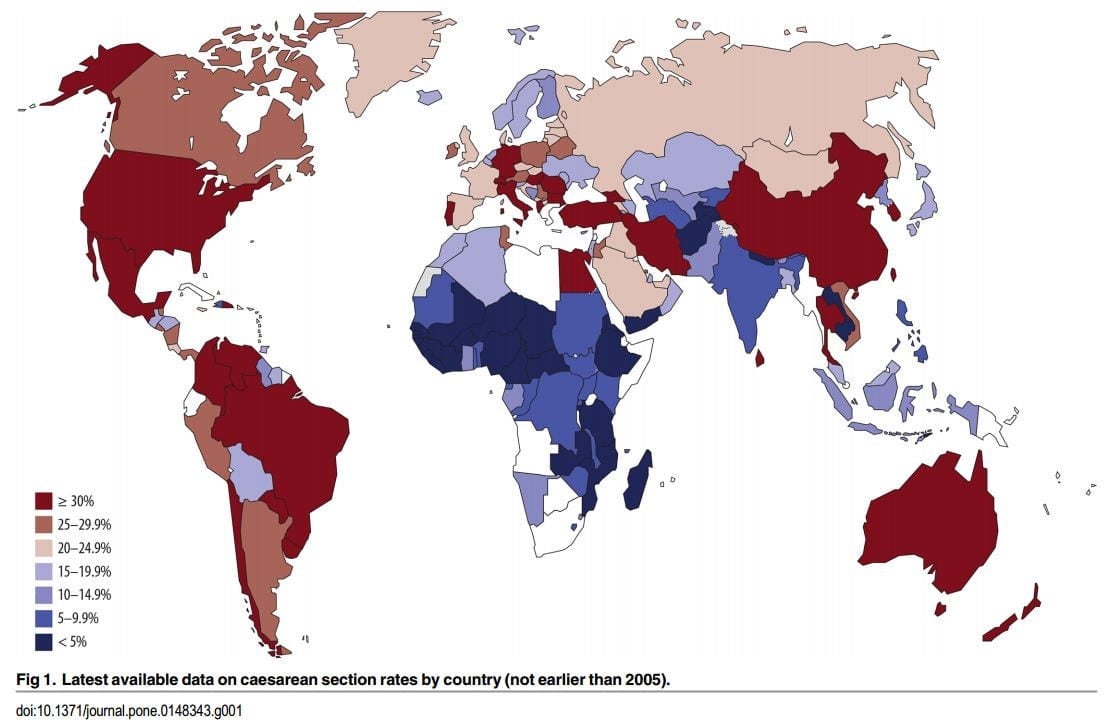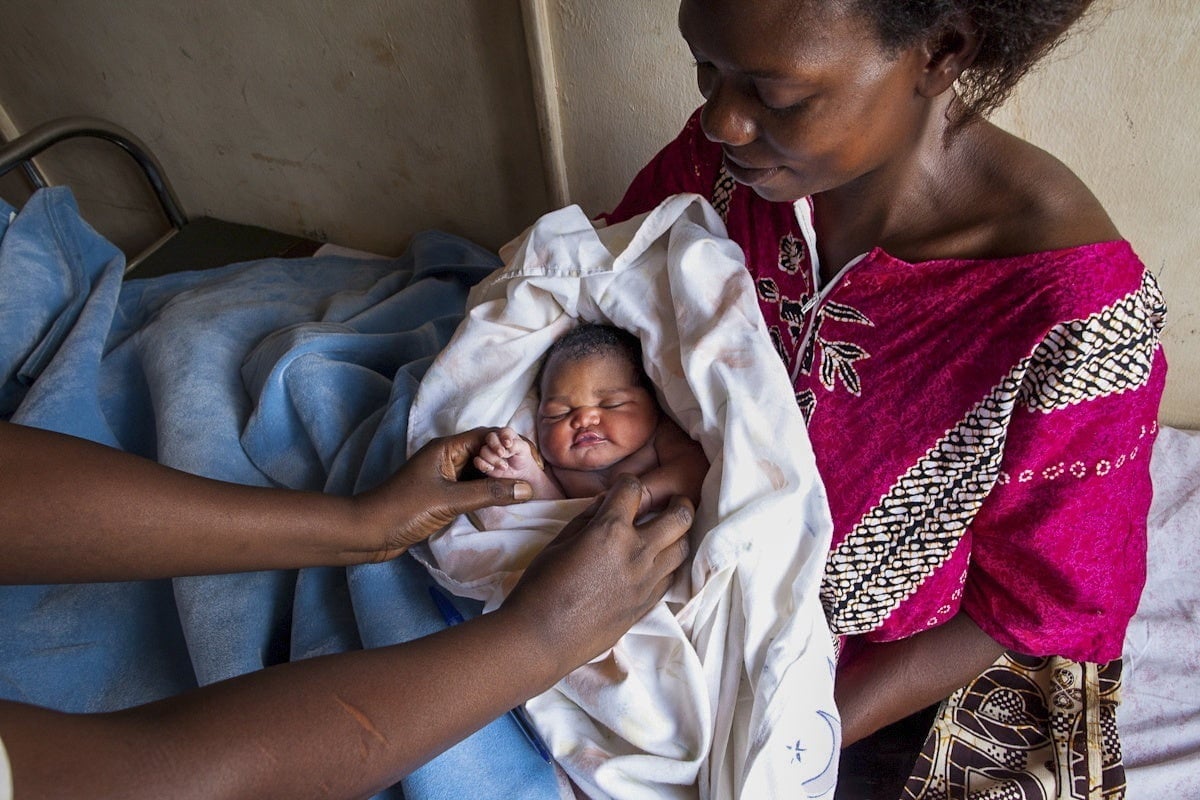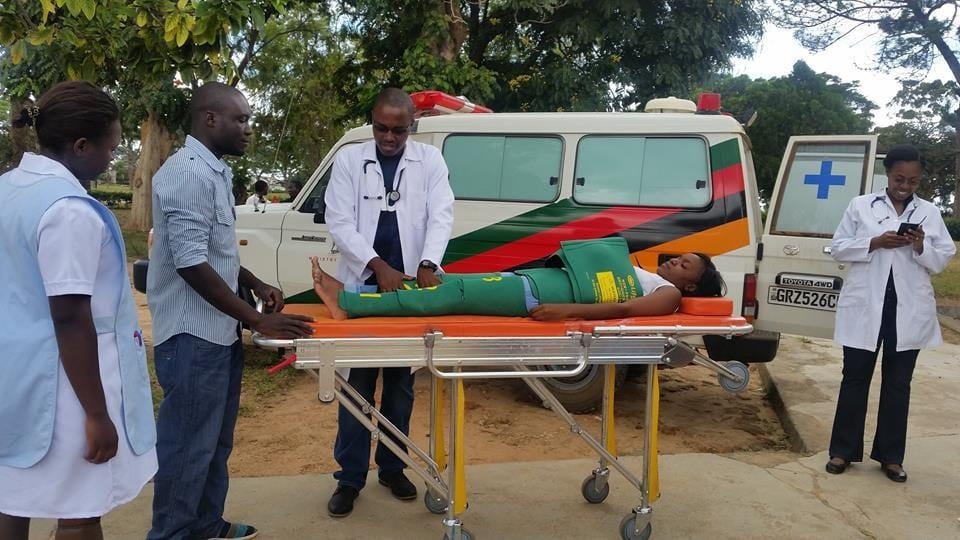Maternal Health Task Force
The Maternal Health Task Force strives to create a strong, well-informed and collaborative community of individuals focused on ending preventable maternal mortality and morbidity worldwide.
677 Huntington Avenue
Boston, MA 02115
Blog
-
The Global Epidemic of Unnecessary Cesarean Sections (Part 2)
In 1990, roughly one in 15 babies on the planet was born via cesarean section surgery. In 2014, one in five babies was born via cesarean. The rates have increased dramatically over the past few decades in most regions, with the fastest growth taking place in North Africa and Latin America and the Caribbean. There is substantial variation within regions, with certain countries experiencing more rapid increases than others…read more

-
The Global Epidemic of Unnecessary Cesarean Sections (Part 1)
In 1990, roughly one in 15 babies on the planet was born via cesarean section surgery. In 2014, one in five babies was born via cesarean. When medically indicated and performed by trained staff with the necessary resources, cesarean section can be a life-saving procedure. However, compared to vaginal delivery, cesareans are associated with a higher risk of maternal and neonatal death and should only be performed when clinically necessary…read more
-
Improving the Quality of Maternal and Newborn Health in Low-Resource Settings: Lessons From the Saving Mothers, Giving Life Program
As we work to meet the Sustainable Development Goals and achieve equity in care, the global health community realizes the need to increase efforts to ensure access to quality maternity services. We can draw some valuable lessons on quality care from our experience over the past three years with Saving Mothers, Giving Life (SMGL). This public-private partnership has produced impressive improvements in maternal health in sub-Saharan Africa by addressing all three of the delays to receiving quality care: seeking appropriate care; accessing care in a timely manner; and receiving high quality, woman-centered care…read more

-
The Burden of Infertility: Global Prevalence and Women’s Voices from Around the World
The clinical definition of infertility provided by the World Health Organization is “a disease of the reproductive system defined by the failure to achieve a clinical pregnancy after 12 months or more of regular unprotected sexual intercourse.” Available data indicate that at least 50 million couples worldwide experience infertility. In many cultures, women who do not have children suffer from stigmatization, discrimination and ostracism, even if the underlying cause lies in their male partners or husbands. Women’s experiences of stigma have been documented all over the world…read more
-
From the Archives | Midwives Can Significantly Reduce Maternal Mortality, But They Need Support
From the archives: An interview with the Maternal Health Task Force’s Technical Director Rima Jolivet about her experience as a certified nurse-midwife and her thoughts on the current and future landscape of midwifery…read more
-
Measuring the Quality of Family Planning
In October 2015, researchers, programmers and policymakers gathered in Bellagio, Italy to discuss strategies for improving, standardizing and simplifying the measurement of quality in family planning. The resulting papers, along with commentaries from Dominic Montagu and Kim Longfield, were published by Metrics for Management in late 2016. The papers in this series provide an opportunity to review and learn from what has already been done and work towards consensus on a more effective measurement strategy moving forward…read more
-
Kangaroo Mother Care: A Strategy to Improve the Quality of Postpartum Care
Raising awareness of the value of kangaroo mother care in all global healthcare settings is a key public health strategy towards realizing Sustainable Development Goal 3—particularly the target for preventable neonatal deaths, which are often prematurity-related. For KMC to be implemented and scaled more widely, a paradigm shift needs to occur away from routine care practices in the early postnatal period involving the separation of mothers and babies and towards a “zero-separation” model of care…read more
-
A Garment Originally Made for Astronauts is Saving the Lives of New Mothers in Developing Countries
Together with Paul Hensleigh, Suellen Miller, the founder of University of California San Francisco’s Safe Motherhood Program, created a non-pneumatic anti-shock garment (NASG) that applies pressure on the lower half of the body to push blood to vital organs like the lungs, heart and brain. The anti-shock garment is a first-aid measure: Strapping on LifeWrap soon after giving birth can help contain or at least slow down excess bleeding. Typically, clinicians will administer oxytocin to stop the blood loss. If the drug is not available or is ineffective, nurses and doctors can use the NASG to buy more time. The suit cut maternal mortality rates by over 50%…read more

-
21 New Positions in Maternal Health
Interested in a position in reproductive, maternal, newborn, child or adolescent health? Every month, the Maternal Health Task Force rounds up job and internship postings from around the globe. This month, we are featuring jobs at Abt Associates, Management Sciences for Health, CORE Group and more!…read more
-
Misoprostol for Postpartum Hemorrhage: Empowering Health Workers to Save Lives
In Senegal, approximately 1,800 women lose their lives every year while giving birth. The major cause of these deaths is uncontrolled bleeding after childbirth, or postpartum hemorrhage. Many women give birth, attended by matrones or volunteer birth attendants, in maternity huts. Senegal’s National Health Plan now officially recognizes matrones as a cadre of health provider in the country’s health system and the critical role they play in providing care at the community level…read more